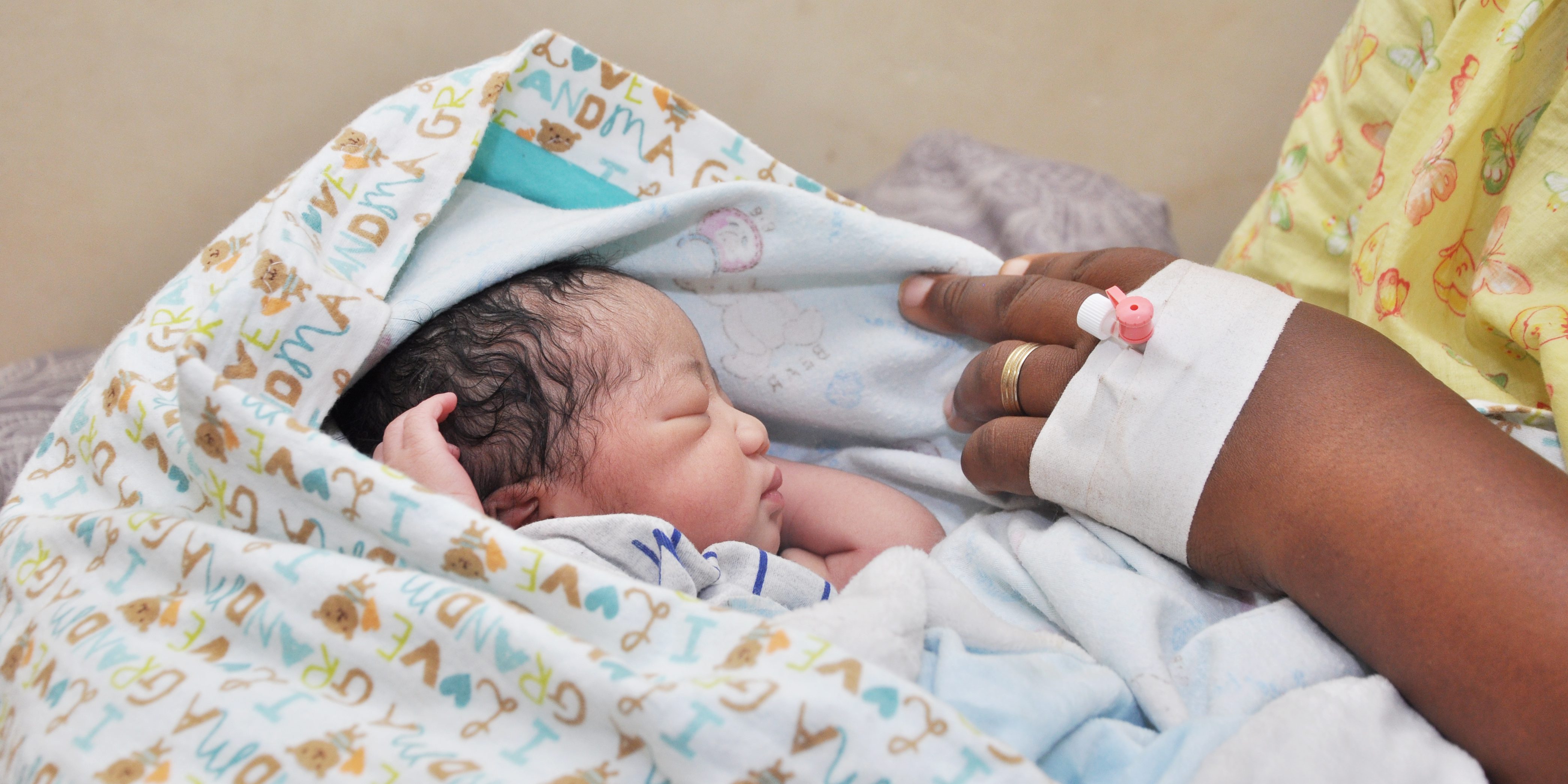Uganda’s maternal mortality rating has decreased from 336 mothers per 100,000 live births to 284 women per 100, 000 live births, the Ministry of Health reports.
While Uganda has not yet conducted a new health demographic survey, according to Dr Charles Olaro, the Director of Health in charge of Curative Services, the Ministry has been furnished with the new findings by the World Health Organization (WHO) in their latest report in which they assessed data from 2000 to 2020.
The report, titled ‘Trends in maternal mortality’ was released by the global health body on Thursday. It tracked maternal deaths nationally, regionally and globally from 2000 to 2020 and shows that generally there were an estimated 287,000 maternal deaths worldwide in 2020.
This figures represent only a slight decrease from 309,000 in 2016 when the Sustainable Development Goals (SDGs) came into effect. While the report presents some significant progress in reducing maternal deaths between 2000 and 2015, the organization notes that gains largely stalled in many countries, or in some cases even reversed, after this point.
Now, Olaro attributes the reductions in Uganda to strides made in ensuring more women are attended to by skilled health workers during delivery and provision of post-abortion care among others.
According to experts the highest causes of maternal mortality in the country include over bleeding after child birth, pre-eclampsia which is high blood pressure associated with pregnancy, unsafe abortion and infection.
However, in total numbers all over the world, maternal deaths continue to be largely concentrated in the poorest parts of the world and in countries affected by conflict. In 2020, about 70 per cent of all maternal deaths were in sub-Saharan Africa.
In nine countries facing severe humanitarian crises, maternal mortality rates were more than double the world average representing 551 maternal deaths per 100 000 live births, compared to 223 globally.Uganda is still rated high above the global average of 223 women per 100,000 births.
“While pregnancy should be a time of immense hope and a positive experience for all women, it is tragically still a shockingly dangerous experience for millions around the world who lack access to high quality, respectful health care,” said Dr Tedros Adhanom Ghebreyesus, Director-General of the World Health Organization (WHO).
“These new statistics reveal the urgent need to ensure every woman and girl has access to critical health services before, during and after childbirth, and that they can fully exercise their reproductive rights.”
The report, which tracks maternal deaths nationally, regionally and globally from 2000 to 2020, shows there were an estimated 287 000 maternal deaths worldwide in 2020.
This marks only a slight decrease from 309 000 in 2016 when the UN’s Sustainable Development Goals (SDGs) came into effect. While the report presents some significant progress in reducing maternal deaths between 2000 and 2015, gains largely stalled, or in some cases even reversed, after this point.

